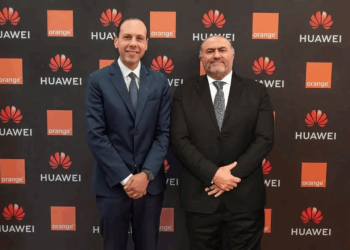WhatsApp Meta AI chat memory is about to bring a powerful change in how users interact with the platform’s built-in AI assistant. Introduced in the Android beta version 2.25.11.13, the new Chat Memory feature gives users full control over what the AI can remember — or forget.
Meta AI, WhatsApp’s intelligent assistant, helps users complete tasks, answer queries, and even offer recommendations based on previous conversations. But now, it’s getting even smarter — and more respectful of privacy.
How Chat Memory Works
The new Chat Memory feature allows users to explicitly tell Meta AI what to remember. For example, you can command the chatbot to store:
- Professional details
- Dietary preferences
- Allergies
- Personal interests
- Your name or nickname
Once stored, Meta AI will reference this information in future conversations to provide more accurate and personalized responses.
However, this memory does not apply to general WhatsApp chats — only information shared within the Meta AI chat will be saved. This ensures that your private messages remain fully secure and separate from AI memory functions.
Control and Privacy: You Decide What’s Remembered
WhatsApp emphasizes that users will have complete control over the memory:
- View what Meta AI remembers
- Delete specific details
- Erase entire memory at any time
This addition aligns with user concerns about AI privacy and data retention, offering a transparent and secure way to use artificial intelligence inside WhatsApp.
When Will It Be Available?
Currently, the chat memory feature is in its beta testing phase. It’s expected to roll out to stable versions in the coming weeks once it passes all quality and security checks.
Conclusion
With the WhatsApp Meta AI chat memory feature, Meta is striking a balance between useful personalization and user privacy. It empowers users to benefit from AI convenience without compromising control over their data.
As Meta continues expanding AI capabilities across its platforms, this update signals a privacy-focused evolution in chatbot technology — and a new way forward for responsible AI.









